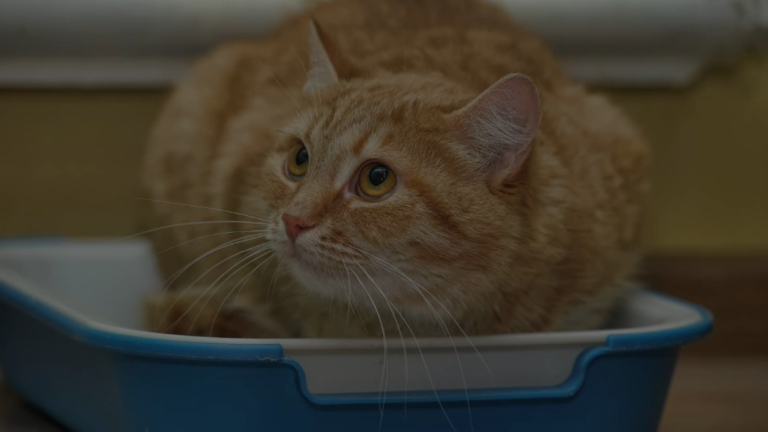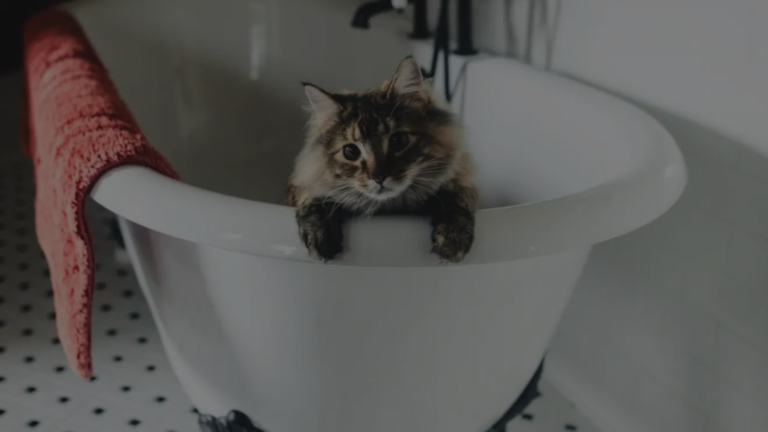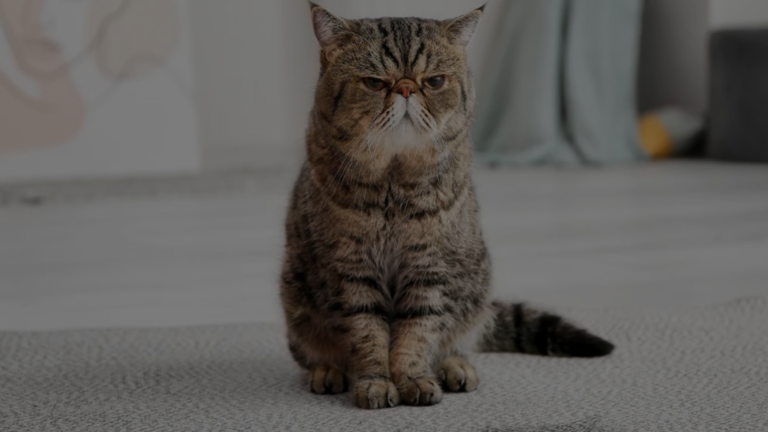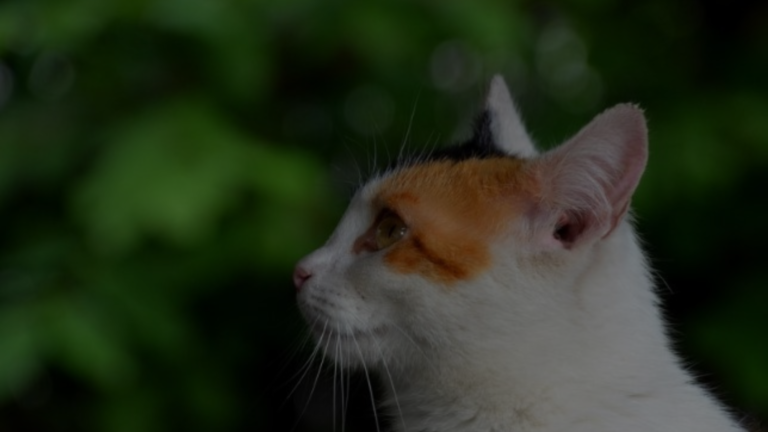Seeing a black cat crossing your path may send shivers down some spines and make one think of misfortune and bad luck. But is this belief rooted in reality or just a cultural quirk? Let’s explore the world of black cats and their symbolic significance across cultures. So, buckle up, curious cat lovers and skeptics alike!
Key Points:
- The belief that black cats bring bad luck has a long and complex history, dating back to ancient Egypt and Europe during the Middle Ages.
- Negative perceptions persist through cultural portrayals and historical misconceptions, but black cats also carry diverse cultural symbolism and reverence.
- Modern science does not support the notion that black cats bring misfortune, and attributing human interpretations of luck or misfortune to animals is called anthropomorphism.
- Black cats face discrimination and neglect due to superstitions, highlighting the importance of dispelling myths and embracing their unique beauty and loving nature.
Black Cats and Misfortune: A Superstitious History
The idea that black cats bring bad luck has a long and complex history. It dates back to ancient Egypt, where cats were considered sacred and associated with the goddess Bastet, representing protection and home. However, during the Middle Ages, this perception changed dramatically. Europe saw a rise in fear and suspicion towards black cats, associating them with witchcraft and the occult. Black fur, seen as an absence of color, was linked to darkness and evil, further fueling these negative beliefs.
This negative perception persisted through the centuries, finding its way into folklore and literature. Shakespeare’s play “Macbeth” depicts a black cat as a harbinger of doom, while Edgar Allan Poe’s poem “The Raven” reinforces the association with darkness and mystery. These cultural portrayals and historical misconceptions about cats as disease carriers during the bubonic plague solidified the black cat’s image as an unlucky omen in some parts of the world.
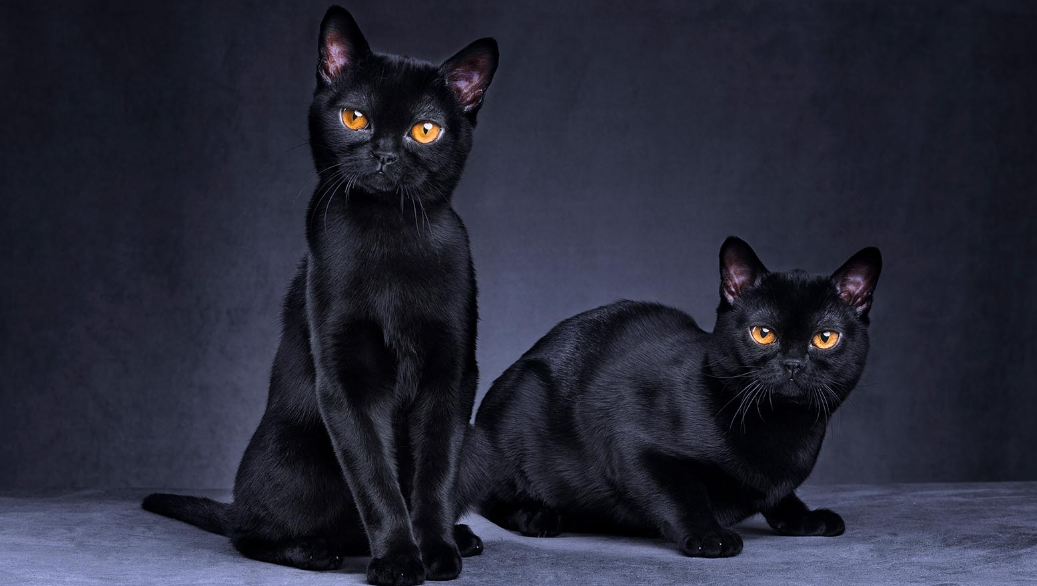
Beyond Misfortune: Cultural Symbolism and Reverence
While the black cat carries negative connotations in some cultures, it’s important to remember that this is not a universal belief. In many parts of the world, black cats are symbols of good luck, prosperity, and fortune. For example, encountering a black cat in Britain and Ireland is considered lucky, especially if it enters your home. Similarly, black cats are associated with wealth and good fortune in Japan, often featured in lucky charms and figurines.
Furthermore, some cultures revere black cats for their spiritual significance. In Celtic mythology, the Sídhe race of fairies was believed to shapeshift into black cats. As mentioned earlier, black cats were worshipped as sacred protectors in ancient Egypt. These diverse cultural interpretations highlight the multifaceted symbolism associated with black cats, showcasing their significance beyond the simplistic good luck/bad luck dichotomy.

Modern Science and the Feline Reality
So, what does science have to say about black cats and bad luck? Spoiler alert: no scientific evidence supports the notion that black cats bring misfortune. Their fur color is simply a result of genetics, with the black coat arising from a dominant gene responsible for melanin production.
Attributing human interpretations of luck or misfortune to the actions of animals is a phenomenon known as anthropomorphism. While it’s natural to project our beliefs and emotions onto animals, it’s important to remember that they are simply living beings with no inherent power to influence our luck.
Dispelling Myths and Embracing Feline Companionship
Black cats, unfortunately, often face discrimination and neglect due to these unfounded superstitions. They are less likely to be adopted from shelters, and some cultures even associate them with harmful practices like black magic. This highlights the importance of dispelling these myths and celebrating black cats’ unique beauty and loving nature.
By educating ourselves and others about the fascinating history and symbolism associated with black cats, we can move towards a more inclusive and compassionate society where these magnificent felines are valued for who they are: wonderful companions deserving of love and respect.

So, the next time a black cat crosses your path, resist the urge to fear or attribute misfortune to its presence. Instead, appreciate the encounter as a unique opportunity to connect with a creature steeped in cultural symbolism and shrouded in fascinating history. Remember, these sleek felines deserve our affection and appreciation, not fear or superstition.
Resources & References
- National Geographic: https://www.nationalgeographic.com/science/article/just-because-its-halloween
- The Black Cat Institute: https://www.blackcat-cideb.com/
- Alley Cat Allies: https://www.alleycat.org/
- ASPCA: https://www.aspca.org/
- Wikipedia: https://en.wikipedia.org/wiki/Black_cat
Recommended Articles
FAQs About Black Cats Crossing Your Path
Do black cats bring bad luck?
There is no scientific proof that black cats bring bad luck. Their fur color is determined by genetics, and it is inappropriate to attribute human beliefs about luck to animals. This is called anthropomorphism. Instead, we should appreciate the opportunity to encounter a beautiful creature.
Where does the superstition of black cats and bad luck come from?
Different cultures have traditionally associated darkness with negative things like witchcraft and the bubonic plague, which has led to a long and complex history of belief. This belief can be traced back to ancient Egypt and the Middle Ages.
Are there cultures where black cats are lucky?
Black cats are considered symbols of good fortune, prosperity, and wealth in Britain, Ireland, Japan, and other parts of the world. They hold spiritual significance and are featured in lucky charms.
What about the black cats in literature and movies?
It’s essential to remember that black cats being associated with bad luck in Shakespeare’s “Macbeth” and Edgar Allan Poe’s “The Raven” are not a reflection of reality but cultural beliefs portrayed in works of fiction.
How can we dispel the myths surrounding black cats?
Education is very important! It’s essential to share accurate information about black cats’ genetics, challenge negative stereotypes, and celebrate their unique beauty and loving nature. You can support organizations like the National Black Cat Day Coalition and adopt a black cat from a shelter!
What if I still feel uneasy after a black cat crosses my path?
Acknowledge your feelings without judgment. Consider engaging in activities that comfort you, like spending time with loved ones or practicing mindfulness. Remember, these superstitions hold no power over reality, and black cats deserve respect and appreciation.


